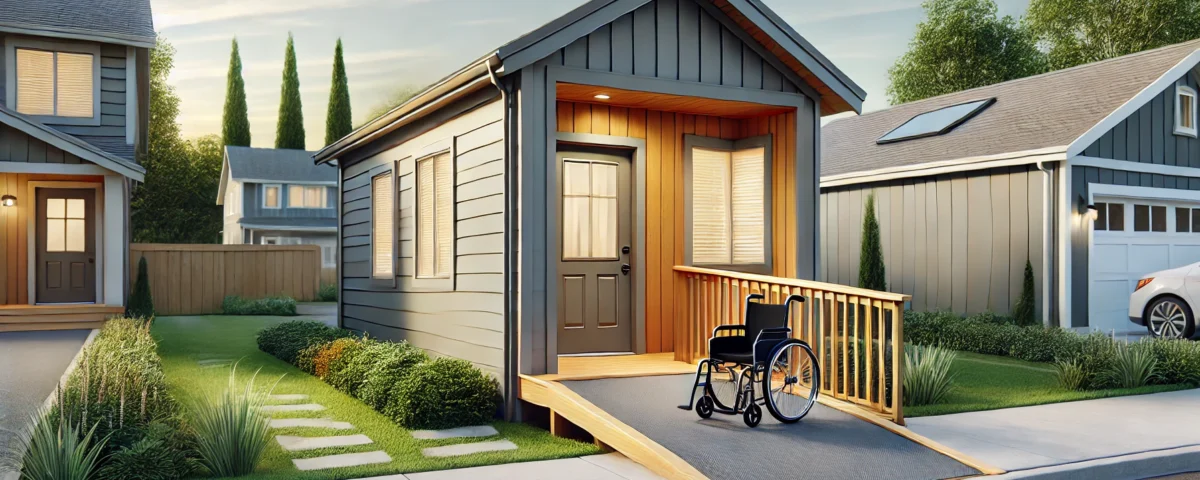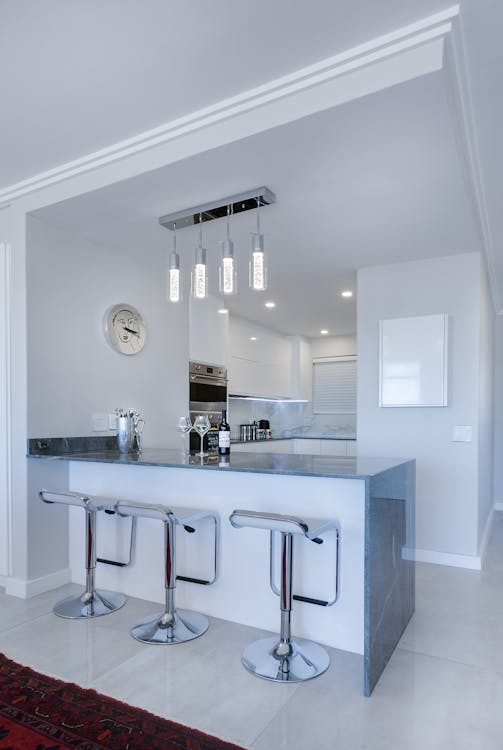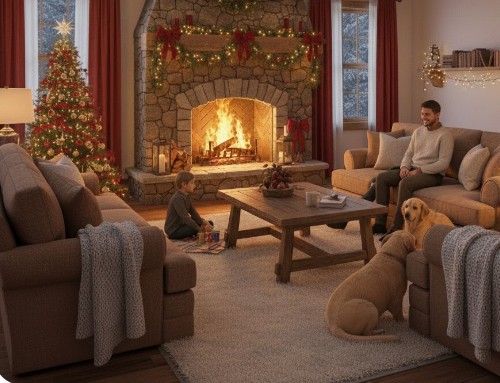
In recent years, the demand for flexible and inclusive housing solutions has increased. One such solution that has gained traction is the Detached Accessible Dwelling Unit (DADU). These versatile structures offer a range of benefits for homeowners, particularly those who need an accessible living space. Whether you are a family member caring for someone with mobility challenges or a homeowner looking to increase property value and usability, a DADU can provide the solution you’re seeking. In this blog, we will dive into everything you need to know about DADUs: what they are, their benefits, the legal and design considerations, and why they might be the right choice for you.
What is a Detached Accessible Dwelling Unit (DADU)?
A Detached Accessible Dwelling Unit (DADU) is a small, self-contained residential structure located on the same lot as a primary residence but with its own entrance and living space. What makes a DADU particularly valuable is its design to accommodate accessibility needs. These units are designed with features that ensure ease of mobility for people with disabilities or elderly individuals who may have limited mobility.

A typical DADU might include wide doorways, level floors, ramps instead of stairs, and accessible bathrooms. The concept behind the DADU is not only to create independent living spaces for individuals with mobility challenges but also to provide flexibility for families, caregivers, or even guests who may need short-term or long-term accommodations.
Benefits of a Detached Accessible Dwelling Unit

- Enhanced Accessibility
DADUs are designed with accessibility in mind. They provide a space where individuals with mobility challenges can live comfortably without the barriers typically found in traditional homes. Features such as wide hallways, ramps, and barrier-free showers make it easier for individuals to navigate the unit without assistance. - Increased Property Value
Adding a DADU to your property can significantly increase its market value. As more people look for homes with separate, adaptable living spaces, a well-designed DADU can make your property stand out. Not only does it provide functional living space, but it also adds an element of versatility, which is attractive to future buyers. - Multigenerational Living
Many families are opting for multigenerational living arrangements where multiple generations share the same property. A DADU allows elderly family members to live independently while still being close to their loved ones. It also provides a convenient space for adult children returning home or other relatives needing assistance. - Rental Income
If you’re looking for ways to generate extra income, a DADU can be an excellent rental property. Whether you rent it out to long-term tenants or use it as a vacation rental, the potential for earning additional income from the DADU can offset construction costs and increase your overall financial flexibility. - Flexibility and Privacy
One of the main appeals of a DADU is the privacy it offers. Whether you’re hosting a guest, providing housing for a family member, or offering a rental space, the DADU allows for a level of privacy that wouldn’t be possible with shared living spaces. It provides autonomy while maintaining a connection to the primary residence.
Design Considerations for a Detached Accessible Dwelling Unit

Designing a DADU requires thoughtful planning to ensure that the space is not only accessible but also functional and comfortable. Some essential design features to consider include:
- Entrances and Doorways
Doors should be wide enough to accommodate a wheelchair or walker. Ideally, the entrance should be level or gently sloped, allowing easy access for individuals with mobility devices. Avoid using stairs at the entry or within the dwelling itself. - Open Floor Plan
An open floor plan helps improve accessibility, making it easier to move around the space. Consider designing the DADU with fewer walls and barriers to create a flow that suits the needs of the residents. - Accessible Kitchen and Bathroom
Kitchens and bathrooms should be designed with accessibility in mind. Lower countertops, roll-under sinks, and accessible showers are all essential features that should be incorporated into the design. Non-slip flooring is also a must for safety. - Smart Technology Integration
Incorporating smart home technology, such as voice-activated lighting, automated doors, or even temperature control systems, can further enhance the accessibility of the DADU. This integration can make everyday tasks easier for residents with limited mobility. - Outdoor Access
Providing outdoor access that is equally accessible is an important consideration. Pathways should be wide, smooth, and free of obstacles, allowing individuals to enjoy the outdoors without difficulty.
Legal and Zoning Considerations for Building a DADU
Before you embark on building a Detached Accessible Dwelling Unit, it’s essential to familiarize yourself with local zoning laws and building codes. These regulations can vary widely depending on your location, so it’s important to check with your local city or county building department.
Some common legal and zoning considerations include:
- Permitting and Approvals
Building a DADU typically requires permits and may need to meet specific building codes. It’s important to consult with a professional architect or contractor who can ensure that your DADU complies with all necessary regulations. - Size Restrictions
Many areas impose size restrictions on accessory dwelling units, including DADUs. These restrictions often specify the maximum square footage for the unit, ensuring that it remains a secondary structure rather than a standalone home. - Utility Connections
Depending on the area, connecting a DADU to utilities such as water, electricity, and sewage may require specific permits and installations. Be sure to plan ahead for these connections during the design phase. - Zoning Laws
Zoning laws often govern the types of structures that can be built on residential properties. In some areas, zoning laws may limit the construction of DADUs or require a special permit. Ensure that you’re familiar with your local zoning regulations to avoid potential legal issues.
Why Consider a DADU?
A Detached Accessible Dwelling Unit offers both immediate and long-term benefits for homeowners, especially those in need of accessible living space. Whether you’re caring for an aging parent, creating an independent living space for a family member with disabilities, or looking to increase your property’s value, a DADU can be a smart and versatile choice. Additionally, with its ability to generate rental income and provide flexibility for multigenerational living, a DADU is an investment that can yield significant returns.
If you’re considering adding a Detached Accessible Dwelling Unit to your property, Seattle at Home can help you every step of the way. Whether you need guidance on design, permitting, or construction, our team has the expertise to bring your vision to life.
Contact Emily Hawkins at [email protected] to learn more about how a DADU can enhance your home’s value, provide flexible living space, and create new opportunities for multigenerational living.



